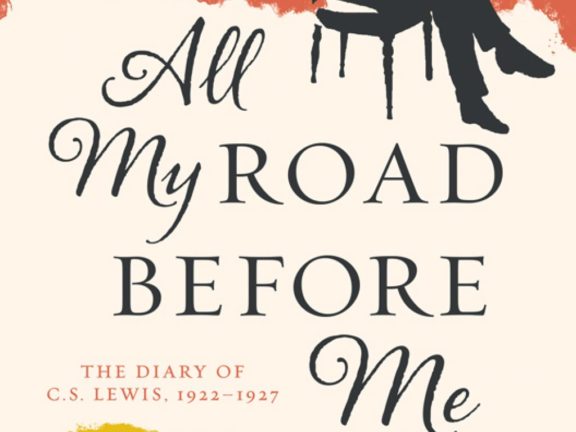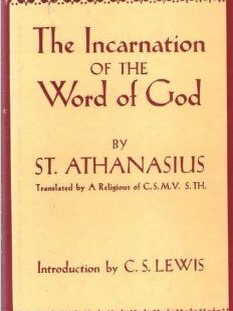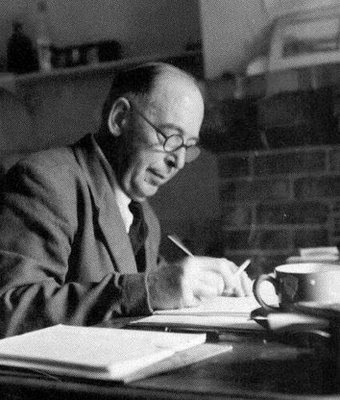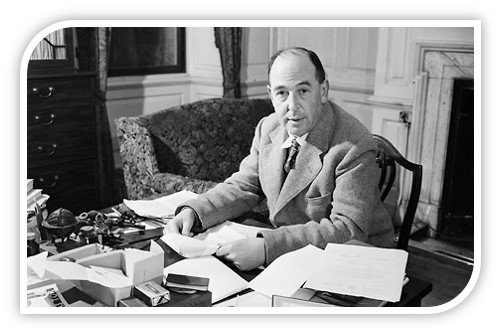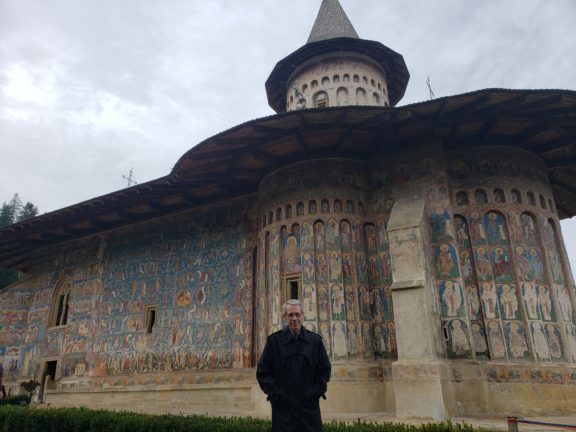Jesus on the Cross: “I Thirst”
Two simple words of Jesus from the cross—I thirst—confirm His human nature. The exact nature of Jesus was a source of debate in the early church. I don’t think there was any disagreement during the apostolic era about precisely who He was as both God and man, but when certain theologians came along and raised questions, the church leaders needed to get together and settle the matter once and for all. One question raised was whether Christ’s divine nature removed… Read more »



